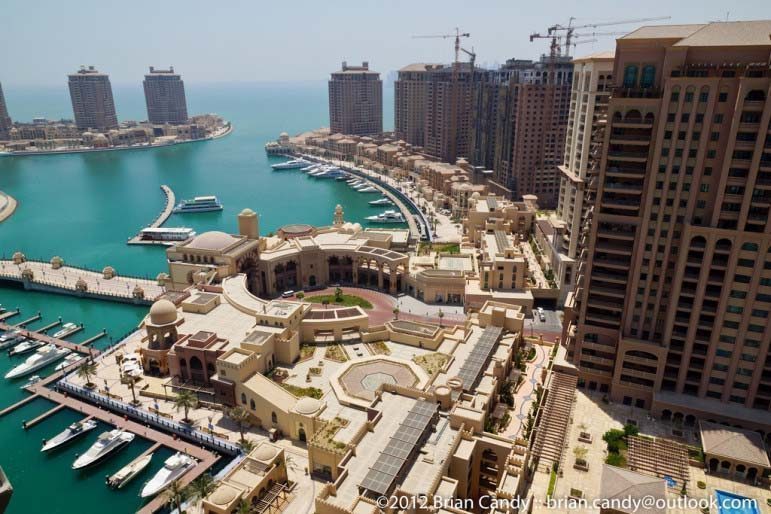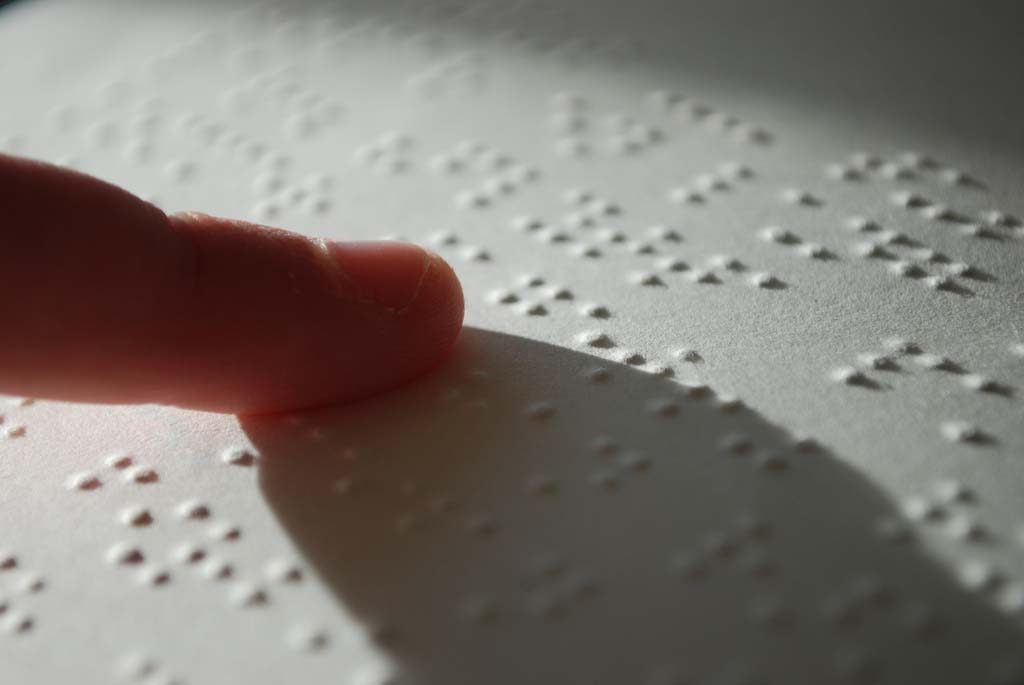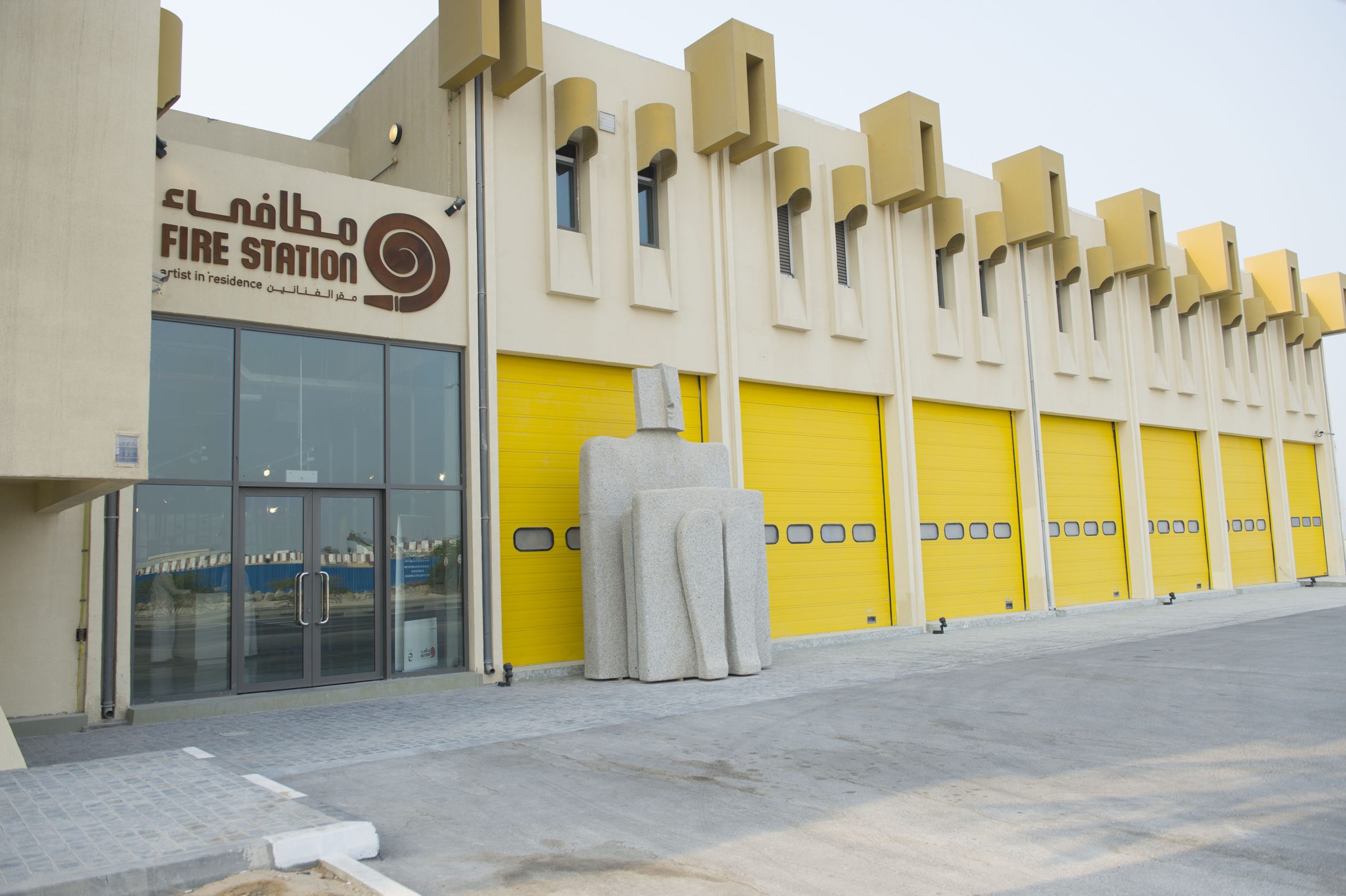
For the visually impaired, going to a restaurant can be a difficult undertaking. Mindful of the challenges and in an effort to make the experience more enjoyable, five young Qataris have launched a non-profit and volunteer-based initiative, “Give Me My Freedom.”
The campaign was started earlier this year in association with the Qatar Social and Cultural Center for the Blind (QSCCB), a governmental organization headed by blind and partially-sighted Qataris, in addition to equal-access advocates in the community.
Speaking to Doha News, Kaltham Al Kaabi, the campaign’s general manager, said that dining in restaurants is a major form of socializing, but that blind people avoid it because they must rely on someone to read them what’s available.
She added:
“Braille menus will help in providing a certain amount of independence when choosing their meals in restaurants instead of having to listen to a long recitation of the menu or a waiter’s recommendation. The beauty of this campaign is that it joined effort between volunteers and blind QSCCB members in order to make Braille menus available to people who need it.”
Al Kaabi, a 29-year-old engineer, came up with the idea a few months ago along with fellow volunteer Sara Al Khal, a 25-year-old engineer at the same company.
The two then approached the QSCCB for help and support on the project, and brought on three other members – Amal Al Ammari, Abdulrahman Al Harmozi, and Jamila Al Hajjaji – to help with its execution.
Freedom
The project derived its name from a verse in Al Atlal (The Ruins), a poem written by Ibrahim Nagi, and sung by acclaimed Egyptian songstress Umm Kulthum.

Al Kaabi explained:
“The name ‘give me my freedom’ came from a discussion with a QSCC member. She mentioned a poem with one of the verses was ‘Give me my freedom, set my hands free.’ As soon as we heard that verse we were keen on making it our campaign’s name.”
So far, the group has managed to translate some 26 Qatar restaurant menus in Braille, including several places on the Pearl-Qatar and at Katara Cultural Village. They are now awaiting responses from a second batch of restaurants.

Requests for meetings and campaign participation are handled by Abdulrahman Al-Harmozi, a 29-year-old electrical engineer who manages the group’s public relations.
Al-Harmozi is also the owner of the popular Instagram account Where2EatQtr, where he posts reviews and recommendations of dining options in Doha.
“He has a good relationship with restaurant owners and managers (in his role as) the founder of Where2Eat. This help(s) greatly in communicating with restaurants (and helps us) receive many positive replies,” Al Kaabi said.
The process
After receiving the menus and the getting the go-ahead from the participating restaurant, the team then starts to modify them into a format recognized by a Braille printer owned by the QSCCB.
The menus are then cross-checked before being sent to QSCCB team, whose visually impaired members check the menu before it is green-lighted for printing.
Menus for most restaurants at the Pearl and Katara have gone through the first round of printing and review by the QSCCB members, and are awaiting distribution in the following weeks.
“We tried to target tourist destinations. That’s why we chose the Pearl and Katara. We are currently working with K108 and Falafel Land too. We tried to approach Souq Waqif, but haven’t heard from that yet. It takes a bit of time because each restaurant has a different format, but we’re hoping to launch either by Eid or in the couple of weeks after it,” Al Kaabi said.
Facilities
The “Give Me My Freedom” campaign is one of the few volunteer-based programs that hopes to provide equal access and independence to the visually impaired in a social sphere, and eliminate stigmas attached to being disabled in Qatar.

While specialist organizations like the QSCCB, Al Noor Center, and MADA do aim to help provide support, technology, and treatment for the blind, such initiatives have yet to permeate mainstream society.
And in terms of access for those with special needs, few public spaces in Qatar accommodate the blind. Not many signs are translated into Braille, and programs for the visually impaired are often expensive.
According to Al Kaabi:
“We are looking forward to get the support from the Qatar tourism Authority in getting all restaurants and hotels’ cooperation. We want to enable blind people to become more independent…and to enjoying their time at restaurants with their family, friends, and beloved ones without needing help from others.”
Thoughts?







